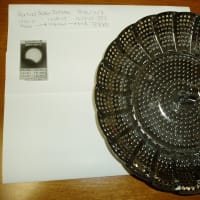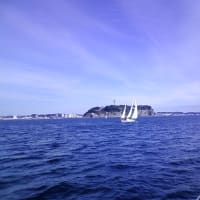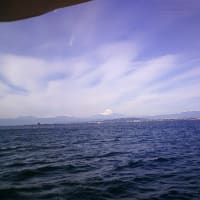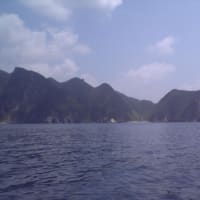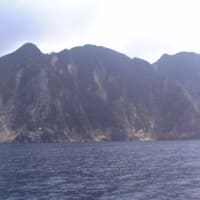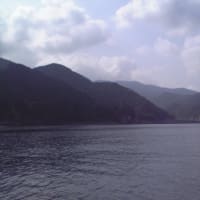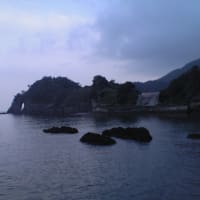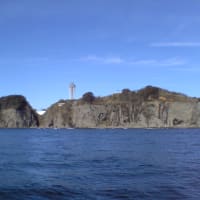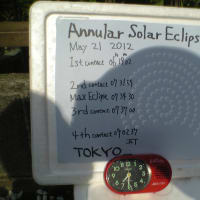NHKスペシャル
密室の戦争
~発掘・日本人捕虜の肉声~
togetter.com
私が、最も関心を持ったのが海軍主計大尉・稲垣利一のたどった道だった
1938年(帝大生時代)に訪豪歴ありか。
Remembering the war in New Guinea
Japanese perceptions of the enemy (Symposium paper)
This was echoed by Inagaki Riichi, Naval Paymaster Lieutenant and Tokyo Imperial University graduate, who had visited Sydney as a student in 1938 and had aspirations of joining the diplomatic service. Captured a couple of months earlier than Matsushima, Inagaki too, felt that a large number of hooligan-type Japanese had migrated to China after finding Japan too "hot" for them.[30]
As for native peoples of occupied territories, Matsushima thought that they should be regarded as the equals of Japanese and thought that they were being well treated.[31] Inagaki was a little more informed about things and said that he understood that Malays and the people of the Netherlands East Indies were favorably disposed towards the Japanese, but wondered whether their attitude might change once they discovered that civilian supplies that they had grown accustomed to receiving from the British and the Dutch would not be forthcoming.[32]
Australian War Memorial official records
This is an Allied Translator and Interpreter Section (ATIS) interrogation report for Naval Paymaster Lieutenant INAGAKI Riichi of the 15th Naval Construction Battalion, who was captured in Giruwa on 21 January 1943. INAGAKI, a 27 year old Naval Lt from Nagoya, was suffering from malaria when he surrendered to Australian troops. His battalion consisted of civilian military employees, including Koreans and Formosans. INAGAKI was a Tokyo University graduate who had good working knowledge of English. He joined the Navy and received training to be a paymater and had spent less than three months at sea when he was captured. During the interrogation, INAGAKI provided extensive information on unit movement, the construction battalion, naval officer training, morale in Japan, perception in Japan towards a Japanese priosoner of war, and cannibalism.
Database Records by Names and Keyword
Click on the triangle to expand/collapse the view, click on the title to open the document.
INAGAKI Riichi, Naval Paymaster Lt
CONSTRUCTION
FOOD SUPPLY
IMPERIAL JAPANESE NAVY
INTELLIGENCE
INTERROGATION
MORALE
OFFICER TRAINING
PRISONERS OF WAR
密室の戦争
~発掘・日本人捕虜の肉声~
togetter.com
私が、最も関心を持ったのが海軍主計大尉・稲垣利一のたどった道だった
1938年(帝大生時代)に訪豪歴ありか。
Remembering the war in New Guinea
Japanese perceptions of the enemy (Symposium paper)
This was echoed by Inagaki Riichi, Naval Paymaster Lieutenant and Tokyo Imperial University graduate, who had visited Sydney as a student in 1938 and had aspirations of joining the diplomatic service. Captured a couple of months earlier than Matsushima, Inagaki too, felt that a large number of hooligan-type Japanese had migrated to China after finding Japan too "hot" for them.[30]
As for native peoples of occupied territories, Matsushima thought that they should be regarded as the equals of Japanese and thought that they were being well treated.[31] Inagaki was a little more informed about things and said that he understood that Malays and the people of the Netherlands East Indies were favorably disposed towards the Japanese, but wondered whether their attitude might change once they discovered that civilian supplies that they had grown accustomed to receiving from the British and the Dutch would not be forthcoming.[32]
Australian War Memorial official records
This is an Allied Translator and Interpreter Section (ATIS) interrogation report for Naval Paymaster Lieutenant INAGAKI Riichi of the 15th Naval Construction Battalion, who was captured in Giruwa on 21 January 1943. INAGAKI, a 27 year old Naval Lt from Nagoya, was suffering from malaria when he surrendered to Australian troops. His battalion consisted of civilian military employees, including Koreans and Formosans. INAGAKI was a Tokyo University graduate who had good working knowledge of English. He joined the Navy and received training to be a paymater and had spent less than three months at sea when he was captured. During the interrogation, INAGAKI provided extensive information on unit movement, the construction battalion, naval officer training, morale in Japan, perception in Japan towards a Japanese priosoner of war, and cannibalism.
Database Records by Names and Keyword
Click on the triangle to expand/collapse the view, click on the title to open the document.
INAGAKI Riichi, Naval Paymaster Lt
CONSTRUCTION
FOOD SUPPLY
IMPERIAL JAPANESE NAVY
INTELLIGENCE
INTERROGATION
MORALE
OFFICER TRAINING
PRISONERS OF WAR











